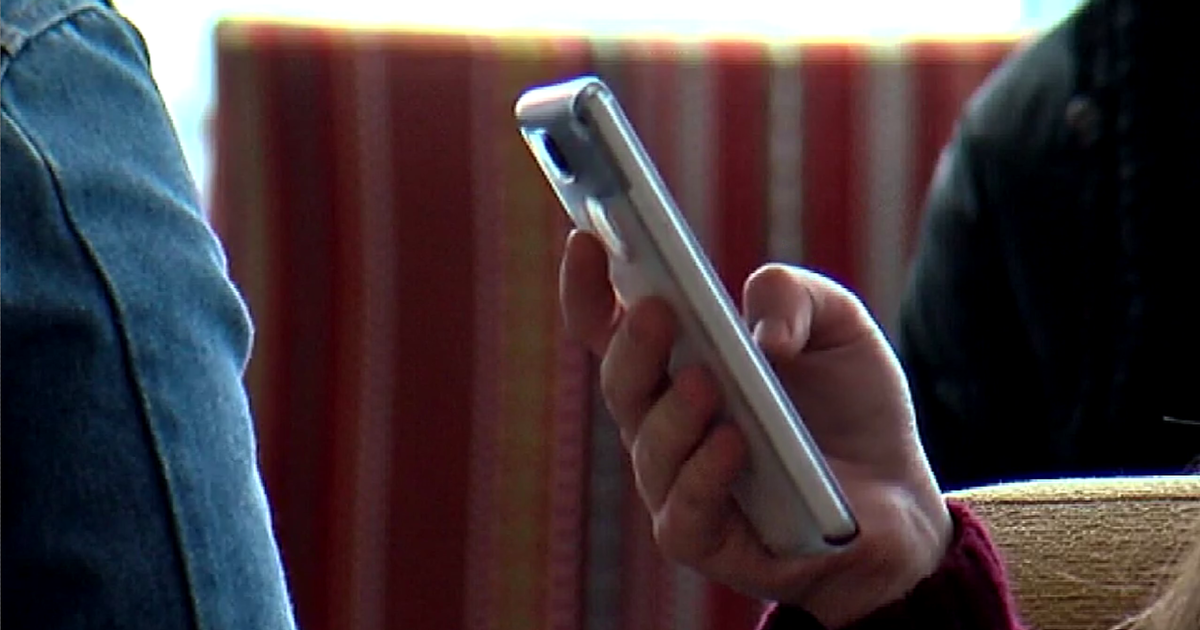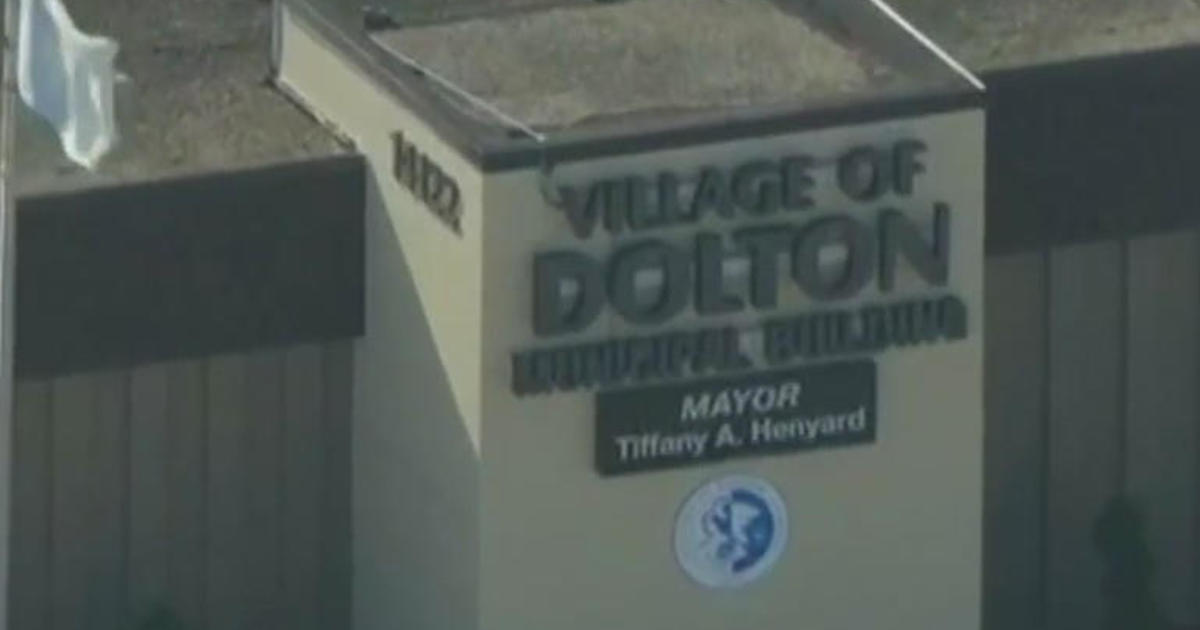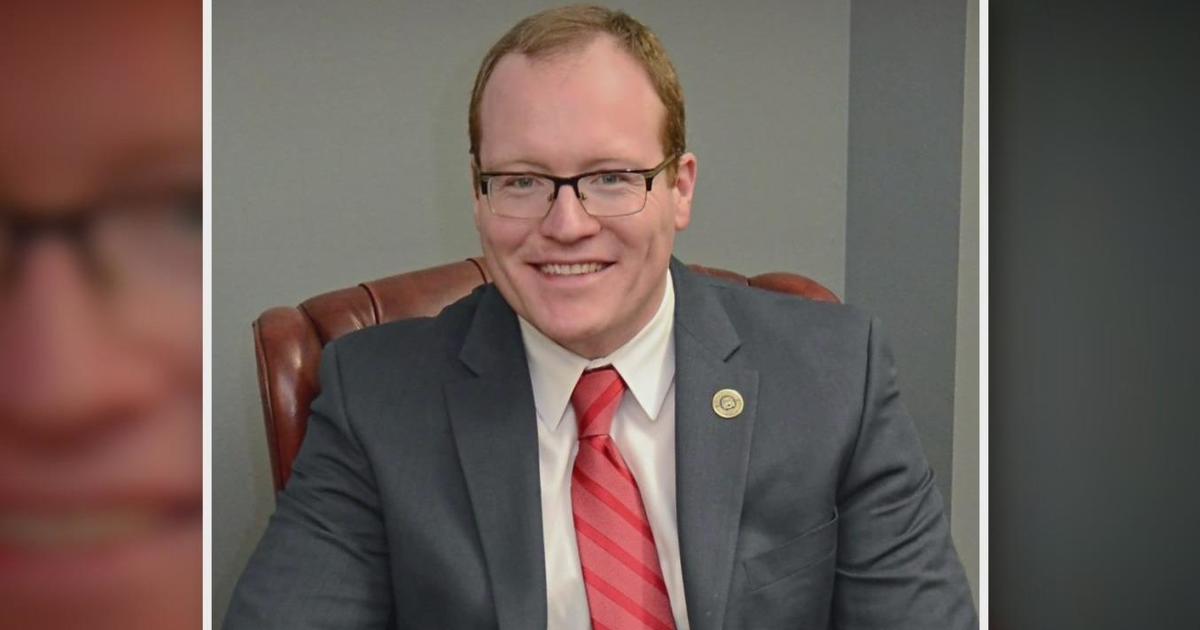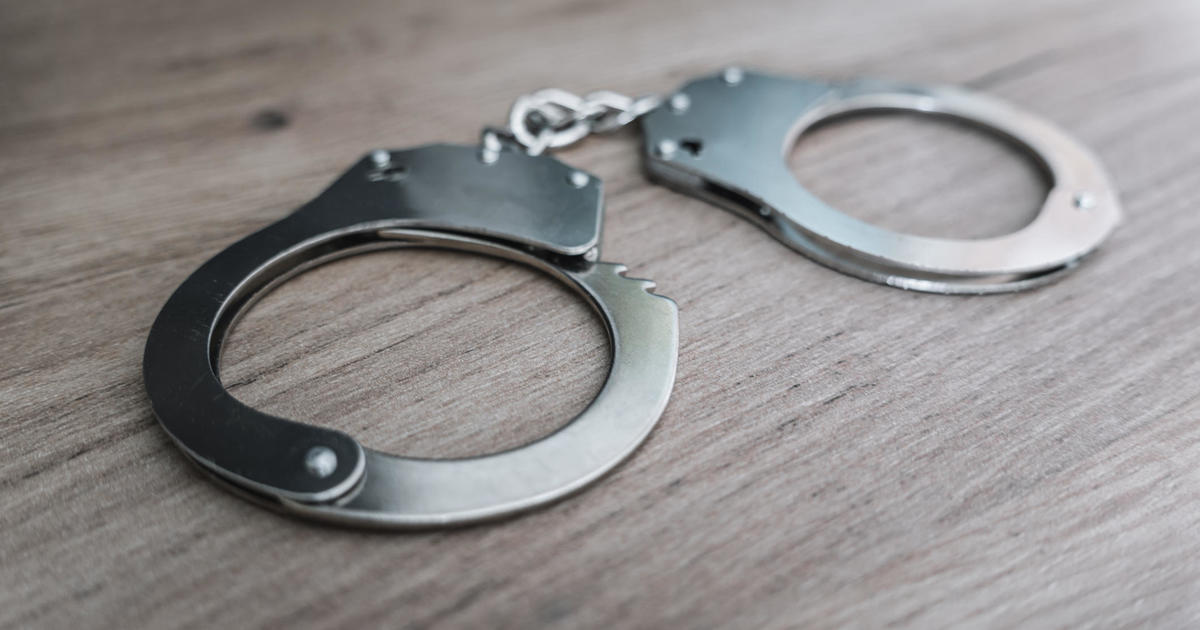Sauk Village Ordered To Continue Providing Bottled Water
SAUK VILLAGE, Ill. (STMW) -- A court order issued Friday requires south suburban Sauk Village to continue supplying bottled water to residents who request it, according to Illinois Attorney General Lisa Madigan's office.
Madigan also said her office filed an amended lawsuit against the village, alleging officials failed to provide a safe supply of drinking water. A status hearing on the case, first filed in 2010, is scheduled for Aug. 9.
The Illinois Environmental Protection Agency earlier this month notified Sauk Village officials that levels of vinyl chloride in the village's well water had risen to a level that required the public be notified. The Illinois Department of Public Health has said the water is safe to drink, but the U.S. EPA previously has said there is no safe level of vinyl chloride in drinking water.
The IEPA has agreed to initially pay the costs for portable air strippers that will be installed at the village's two wells, and those strippers are likely to be in place sometime this week. The strippers are designed to reduce the level of vinyl chloride, a known carcinogen.
Madigan's office said the order issued Friday by Cook County Circuit Court Judge Michael Hyman requires that, by Aug. 21, Sauk Village either install its own stripper units or start paying the costs of the units being brought in by the IEPA.
At a public meeting Wednesday, a crowd of about 250 people heard IEPA interim director John Kim say his agency has provided more support to help Sauk Village rectify the problem than it usually does.
"We're doing more for this village than we do for most villages in this situation," Kim said during the meeting at Bloom Trail High School in Chicago Heights.
Kim said that because of the state's budget issues, it's highly unusual for the agency to agree to pay, at least initially, for the air strippers. The air strippers are designed to immediately reduce the levels of vinyl chloride in the water to "nondetect" levels. IEPA officials said the devices have a 99.8 percent removal efficiency rate.
Several residents who spoke during the panel discussion were not satisfied with the state's response to the current water crisis, which began July 16 when the IEPA announced that levels of vinyl chloride in the village's groundwater supply had risen to 1.68 parts per billion. State law requires that residents in areas where vinyl chloride concentrations rise above 1 part per billion be notified within five days.
Markeba Reeves, a mother of four, asked why the IEPA has not declared a state of emergency for the village. Reeves said her 6-year-old daughter's emphysema has worsened since she moved to town in 2009.
"We're paying you to get us sick," she told the panel. "We came out here to transition from the city. We didn't come out here to get sick."
Officials from the department of public health and the attorney general's office also were on hand to explain the effects of being exposed to low levels of vinyl chloride.
IDPH Director LaMar Hasbrouk, a 20-year medical doctor who worked 11 years at the U.S. Centers for Disease Control and Prevention, said that a lifetime exposure to levels above the federal EPA's limit of 2 parts per billion for vinyl chloride in drinking water needs to occur for increased health risks to take effect. He classified the prolonged exposure as "in the neighborhood of 70 years" and said the increase in the risk for cancer would be one one-thousandth of 1 percent.
Nevertheless, many residents said the situation should have been resolved long ago. The IEPA shut down a third well in the village in 2009 when it was found to have violated the federal standards for vinyl chloride.
(Source: Sun-Times Media Wire © Chicago Sun-Times 2012. All Rights Reserved. This material may not be published, broadcast, rewritten, or redistributed.)



